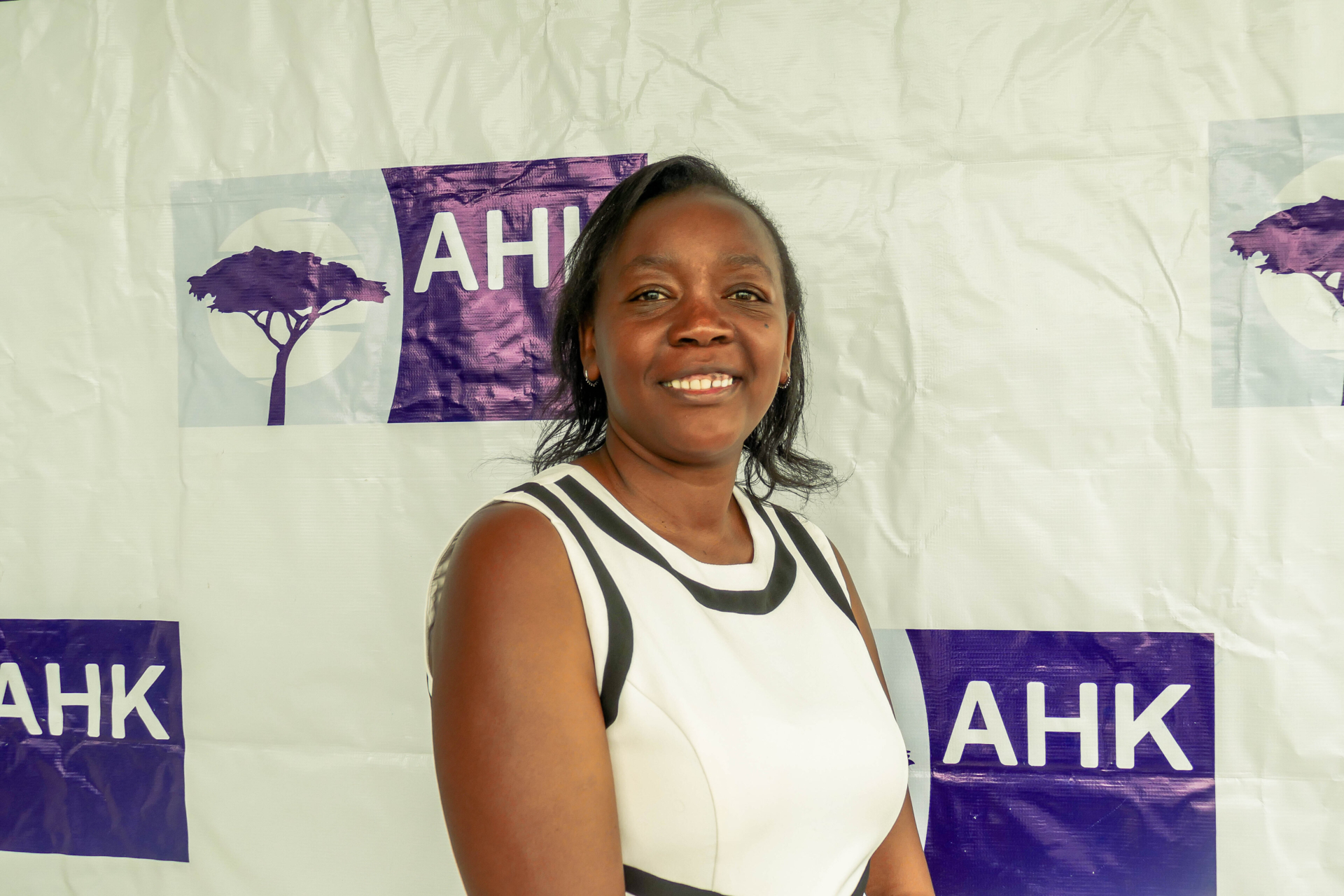

Why the German Level C Certification is Important for Dual TVET Trainees
Kenya is currently rolling out dual training programs across various regions of the country. With the recent approval of the dual training policy by the Cabinet, the need for Kenyan trainees to compete for global opportunities has become more pressing. Furthermore, the recent labor migration agreement between Kenya and Germany—facilitating the migration of Kenyan workers for employment and vocational training opportunities—positions Kenya as a regional leader in technical expertise and innovation. Consequently, it is essential to ensure that Kenyan workers are adequately trained and certified to meet international standards.
Kenya faces competition from the global workforce for these opportunities. Therefore, dual TVET trainees in Kenya are better positioned to secure international placements if they hold the German Level C Certificate.
What is a C-Certificate?
The C-Certificate, offered by AHK Eastern Africa, is a specialized vocational qualification that aligns with local labor market requirements while integrating elements of the German dual training system. A critical feature of this training system is its dual nature— at least 50% of the training must be practical and conducted within a company.
Why the C-Certificate?
The AHK C-Certificate provides several advantages:
- Recognition by German Companies: The C-Certificate signals to German employers that the holder has completed a training program based on the dual system. This system emphasizes practical, company-based training, which is highly valued in Germany.
- Enhanced Employability: The certificate increases the holder's chances of securing employment in Germany, as it demonstrates substantial industrial exposure and practical skills.
How is the Assessment Process Conducted?
1. AHK Examination Boards:
- AHK examination boards are central to ensuring quality. These boards consist of at least two company representatives and one vocational school representative, with a majority from the company side.
- The board’s responsibilities include creating examination tasks, conducting exams, and evaluating results in collaboration with AHK.
2. Examination Procedures and Certification:
- Before the exam, the examination board develops practical tasks, evaluation criteria, and guidelines for the assessment.
- Upon successfully passing the examination, the AHK issues a bilingual certificate. This certificate details the trainee's qualifications and is recognized under private law.
Who Offers the C-Certificate?
The C-Certificate is exclusively issued by the Delegation of German Industry and Commerce (AHK). This exclusivity ensures the training and examination meet German standards while maintaining local relevance. With this certificate, AHK Eastern Africa provides companies and trainees with a practical, high-quality vocational qualification that is both internationally recognized and tailored to the local labor market.
Impact in Kenya
To date, AHK has issued over 500 C-Certificates in Kenya and conducted examinations in various courses such as hospitality, shoe manufacturing, pharmaceutical,mechatronics, automotive, electrical, plumbing,masonry, carpentry, welding. This initiative has strengthened the skills of Kenyan workers, making them competitive on a global scale while addressing local labor market needs. The German Level C Certification is a critical stepping stone for Kenya’s dual TVET trainees, empowering them to seize international opportunities and contribute to the country’s economic growth
Get in touch
-
-
Esther Ndichu
Senior Project Manager Vocational Training Services
+254 20 6633 000 esther.ndichu@kenya-ahk.co.ke




